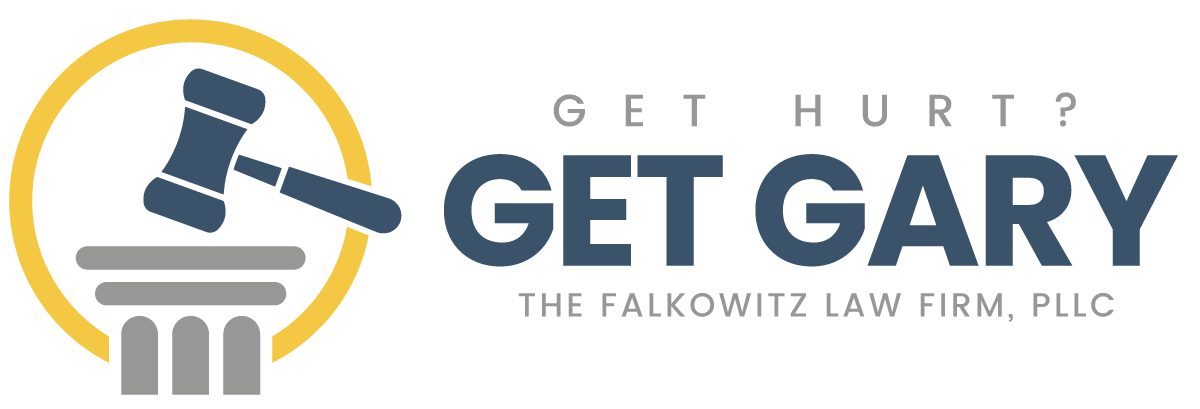Zantac has been frequently prescribed to patients who are undergoing chemotherapy to control the symptoms of gastrointestinal reflux disease (GERD). This is done because chemotherapy is very hard on the gastrointestinal tract because of the epithelium found there. The epithelium is one of the fastest groups of growing cells in the body.
It is that fast growth that is also a characteristic that distinguishes many cancer cells from normal cells, and many chemotherapy drugs are designed to target rapid cellular growth mechanisms of the fastest-growing cells in your body.
Additionally, the damage chemotherapy does to your digestive tract can be complicated by the addition of radiation therapy which can lead to negative effects that are long term.
The pairing of Zantac and chemotherapy has been an effective treatment for the GERD that is triggered by chemotherapy and radiation including the formation of ulcers in your stomach and intestines.
Has Zantac Been Recalled?
Yes. On April 1, 2020, the Food and Drug Administration announced that the manufacturers of Zantac and generic Zantac OTC medications are to be immediately withdrawn from the market.
The Food and Drug Administration has said that the N-Nitrosodimethylamine (NDMA) in some ranitidine drugs such as Zantac, “increased over time and when stored at higher than room temperatures and may result in consumer exposure to unacceptable levels.” NDMA is classified as a known carcinogen by the Food and Drug Administration, the World Health Organization, and the Environmental Protection Agency.
What About Zantac Before Chemotherapy?
We understand that as a chemotherapy patient you may be discouraged and a bit upset at the news of Zantac’s recall. Researchers and doctors alike have all studied the adverse effects of chemotherapy on a patient’s digestive system and found that using ranitidine before chemotherapy can help many people minimize the effects of the treatment.
However, don’t give up, there are safe alternatives to Zantac/ranitidine. Other H2 (histamine2) blockers are available such as Pepcid and Tagamet which can be used instead of Zantac.
Additionally, a proton pump inhibitor such as Prilosec, Nexium, and Protonix could help in preventing damage to the mucus membrane layer of your stomach. But prolonged use of proton pump inhibitors has been linked to increased risk of kidney disease, dementia, and heart attack.
Both H2 blockers and proton pump inhibitors have also been linked to a greater risk of a recurring infection with the “superbug” Clostridium difficile.
In addition, some proton pump inhibitors can have an adverse interaction with certain chemotherapy drugs. Specific chemotherapy drugs need to have an acidic environment in which to work, so the timing of an H2 blocker or a proton pump inhibitor is crucial to avoid a negative drug interaction.
The Roswell Park Cancer Center does recommend multiple dietary and behavioral changes on your part to reduce the symptoms of GERD. They include avoiding spicy and acidic food, alcoholic drinks, coffee, not smoking, eating smaller meals, losing weight, and raising the head of your bed by 5 to 8 inches.
If you or a loved one is or has undergone chemotherapy and been prescribed Zantac/ranitidine please contact the Zantac lawyers at The Falkowitz Law Firm in Long Island, New York.
We believe that the Food and Drug Administration hasn’t done enough to address the serious threat Zantac is to public health and is confusing consumers by nothing that NDMA is an “impurity”. This is not an impurity but cancer-causing drug that has a design defect that the makers of Zantac knew about or should have known about before, during, and after it was put on the market.





